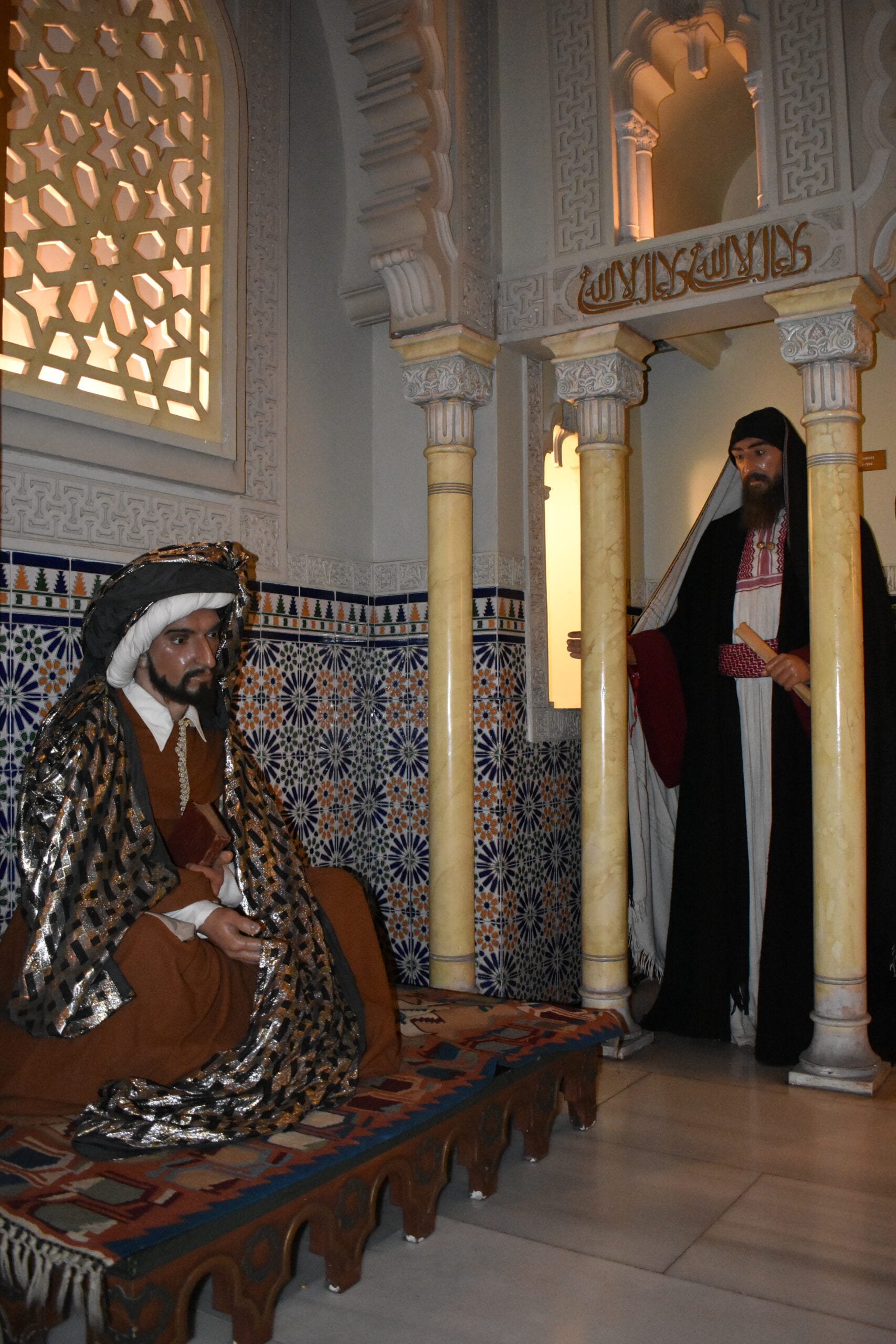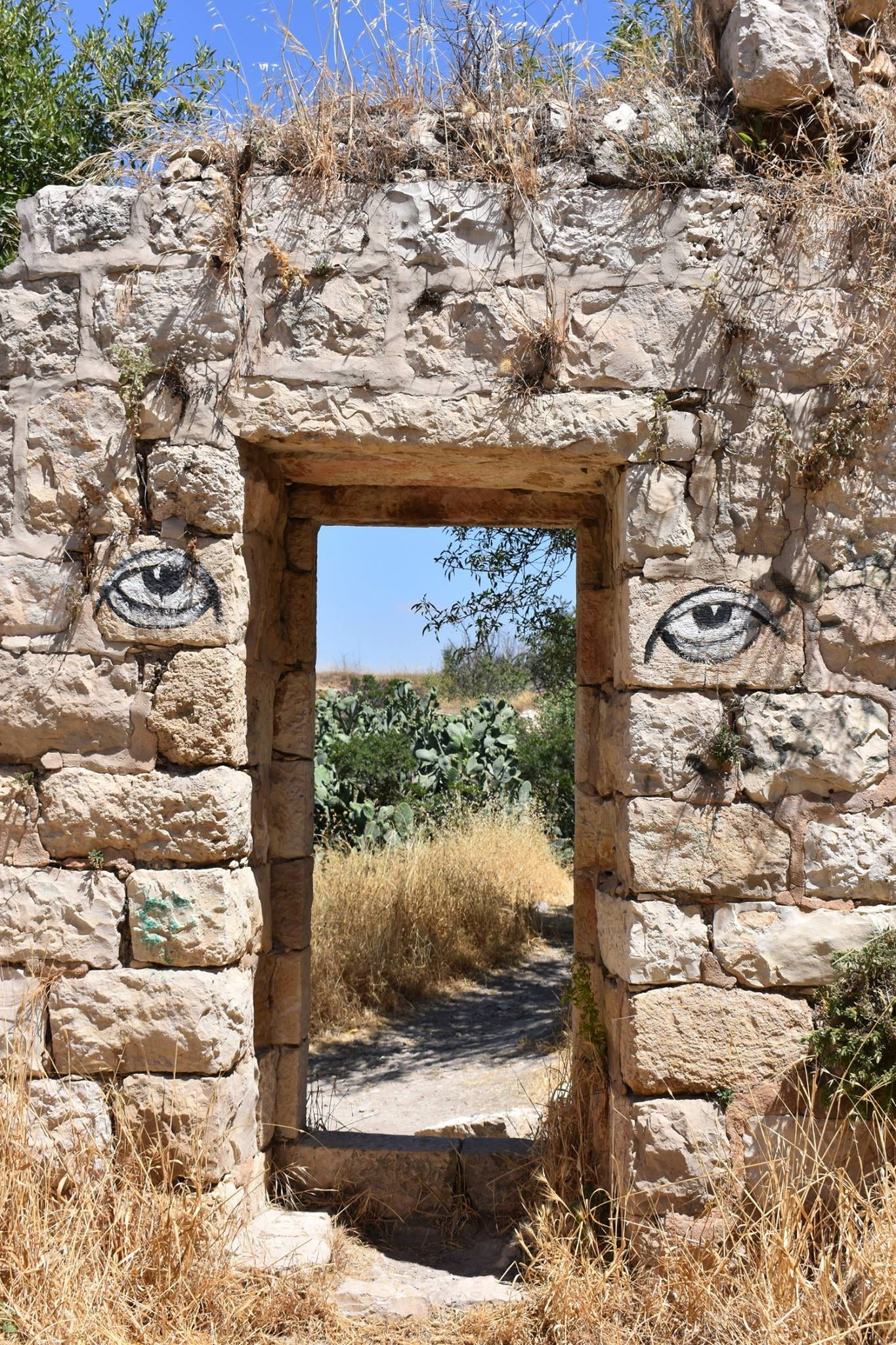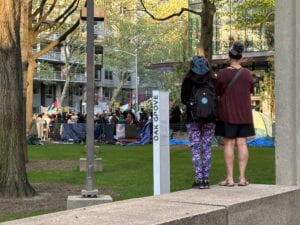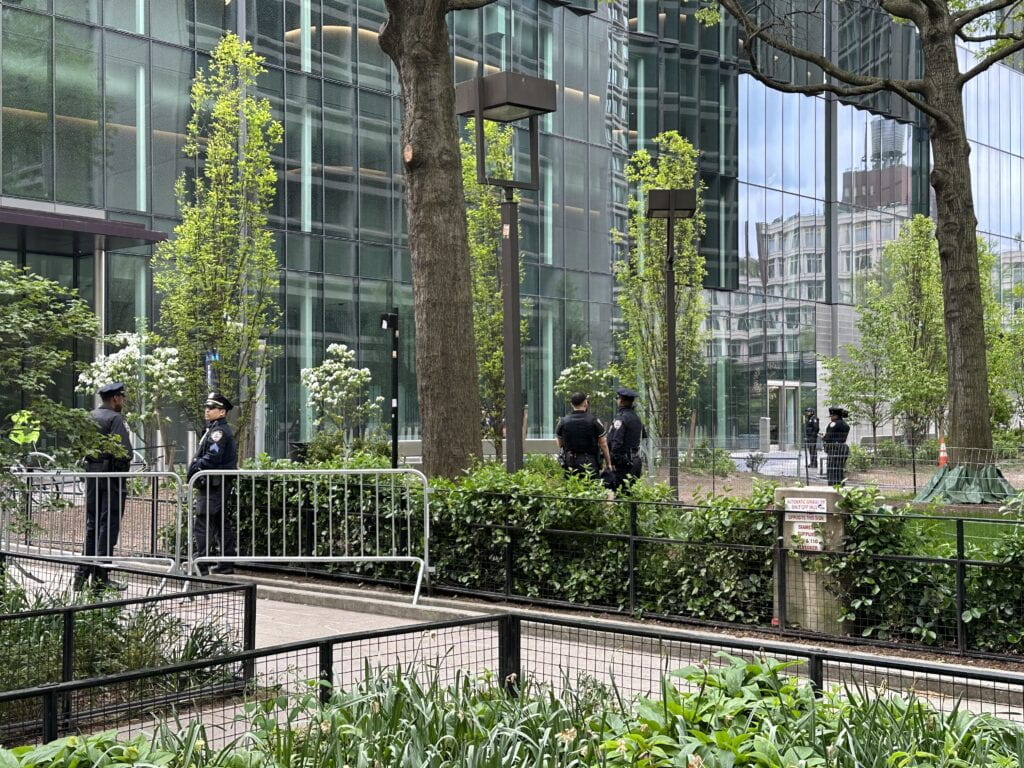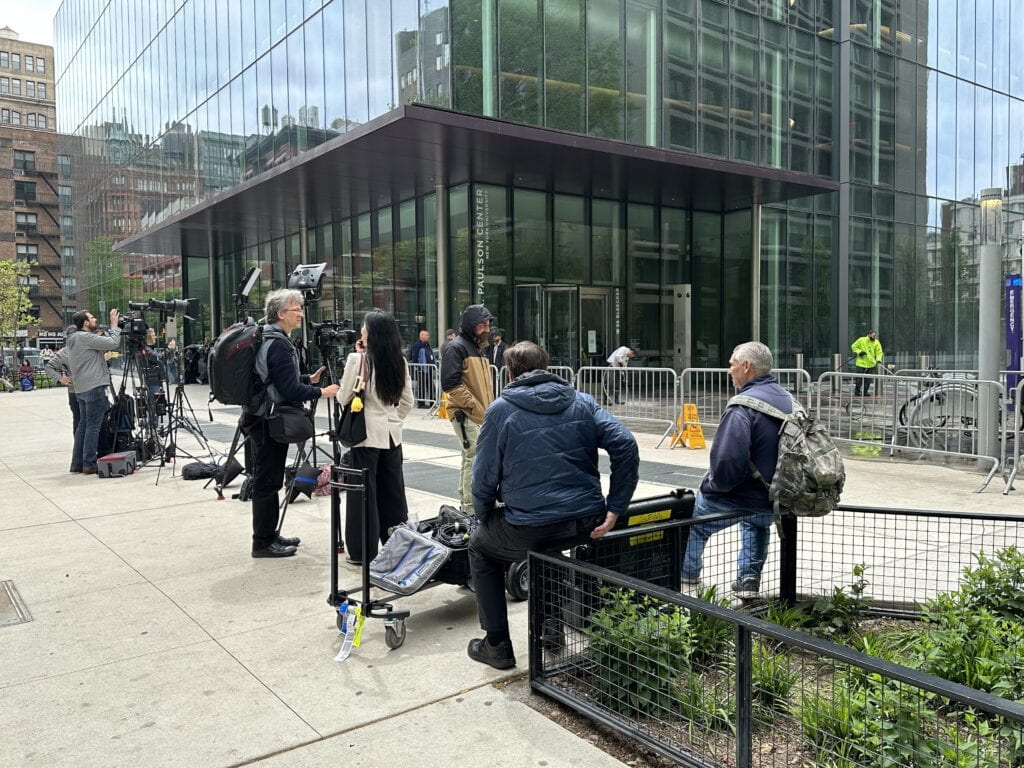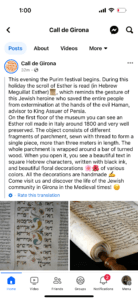I’m late to the game, with the president having claimed the authority to declare English the only official language of the United States three weeks ago already. The horrors abound from this administration and on the one hand this is minor in practical terms (especially compared to kidnapping dissidents off the streets and deporting legal residents with no due process) but on the other hand it’s very much connected to making as many people as un-American as possible. And in any case, this is the horror that I’m qualified to say a thing or two about. There’s been a lot written about the status of Spanish in the United States, and I’d like to share some of it with people who might be interested in learning more.
Most of the reading that I assign in my undergraduate class, “Is Spanish One Language?” is in Spanish because that’s the language of instruction but here are three readings in English that I give to my students (and actually the third one is translated into Spanish so I use that for teaching) and that I’d recommend to anyone who wants to learn more about the history and status of Spanish as a legitimately, authentically American language.
 An American Language by Rosina Lozano is the first place readers should go on this topic. A history of Spanish in the USA from 1848-1945, this volume is a history of Spanish as an American language and focuses particularly on legal and legislative approaches to language and on the political consequences of alternately elevating and deprioritizing Spanish in different settings.
An American Language by Rosina Lozano is the first place readers should go on this topic. A history of Spanish in the USA from 1848-1945, this volume is a history of Spanish as an American language and focuses particularly on legal and legislative approaches to language and on the political consequences of alternately elevating and deprioritizing Spanish in different settings.
 Looking Like a Language, Sounding Like a Race is a book that my students always find really challenging but ultimately very rewarding. It is about how language difference is marshaled into the service of creating and enforcing racial difference. One of my favorite parts of the book is the way it demonstrates how its subjects use language choice and code switching to subvert, challenge, and mock negative expectations about Spanish speakers.
Looking Like a Language, Sounding Like a Race is a book that my students always find really challenging but ultimately very rewarding. It is about how language difference is marshaled into the service of creating and enforcing racial difference. One of my favorite parts of the book is the way it demonstrates how its subjects use language choice and code switching to subvert, challenge, and mock negative expectations about Spanish speakers.
Part IV of A Political History of Spanish contains five chapters on various asp ects of the development of Spanish in the USA and in regions before and after they became US territories and states. I also usually give my students two episodes of a Spanish-language NPR podcast, Radio Ambulante. Those episodes are entitled “No soy tu chiste” and “En busca de palabras” but there are many others that deal with Spanish language and national identity/ies, such as “El idioma que no heredé.”
ects of the development of Spanish in the USA and in regions before and after they became US territories and states. I also usually give my students two episodes of a Spanish-language NPR podcast, Radio Ambulante. Those episodes are entitled “No soy tu chiste” and “En busca de palabras” but there are many others that deal with Spanish language and national identity/ies, such as “El idioma que no heredé.”
And then two other relevant books I’d recommend in the moment are these: When Words Trump Politics: Resisting a Hostile Regime of Language by Adam Hodges and Language City: The Fight to Preserve Endangered Mother Tongues in New York by Ross Perlin. They touch on other issues of glottopolitics (language politics, but I love the sound of the technical term!) that are relevant to the current situation. And finally, The Invention of Monolingualism by David Gramling is a little bit more in the weeds of the academic study of langauges and literatures, but people who are into that sort of thing and are interested in Turkish, Greek, and/or Spanish literatures might be interested.

